Migration Land Alienation and Ethnic Conflict: Causes of Poverty in the Chittagong Hill Tracts of Bangladesh
Synopsis
This is a study of the causes of poverty among the indigenous peoples of the Chittagong Hill Tracts (CHT) of Bangladesh - variously known as the Jumma people, the Paharis, or the hill peoples. The work is based on research activities undertaken over 1998-2004, including several rounds of fieldwork in the CHT. The varied sites of field work include Pahari village settlements, habitations of Bengali settlers, towns and urban centres, bazaars and market-places, the reserve forests, and the Kaptai lake and river networks. The approach of this study differs fundamentally from conventional discourses on poverty alleviation and development. It puts forward a diagnostic analysis of the causes of poverty, as well as alternative policy recommendations which follow from this approach. Furthermore, it does not presuppose that development interventions necessarily, or 'automatically', lead to poverty alleviation. These points are substantiated by the disastrous consequences of many development interventions in the CHT including the Kaptai hydroelectricity project, as well as the systematic diversion of development resources for security-oriented activities and counter-insurgency operations against the hill peoples. The study identifies four broad types of mechanisms generating and sustaining poverty among the hill peoples. These are manifested in a large number of processes, including exploitation and surplus extraction, expropriation of land and property, loss of lands, forests, and biodiversity, constraints to economic growth and human resources development, as well as breakdown of community-based institutions and redistributive norms among the hill peoples undermining their erstwhile capability to prevent or cope with poverty. These poverty-generating processes, in turn, are found to have been driven by antecedent factors and forces, inclusive of privatization and private appropriation, counterproductive development interventions, roles of particular donor agencies, processes of globalization, transmigration and counter-insurgency operations by the state and its security forces, ethnic conflict as well as exercise of power and violence for political repression and domination. The concluding chapter of the volume puts forward policy recommendations to deal with the manifold causes of poverty among the hill peoples, inclusive of land alienation and ethnic conflict in the CHT.
Read more
63.90
57.51
$
71.00 $
Free delivery Wolrdwidе in 10-18 days
Ships in 2-4 days from New Delhi
Membership for 1 Year $35.00
Get it now and save 10%
Get it now and save 10%
BECOME A MEMBER
Books by the same author

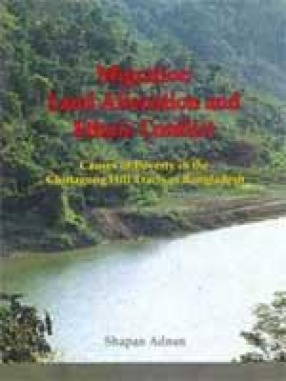
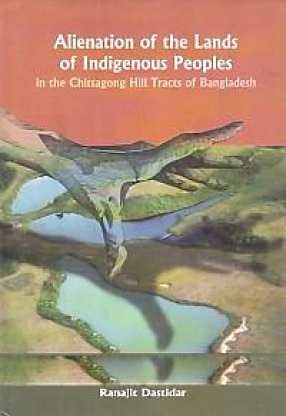

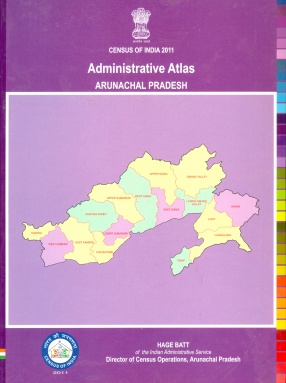
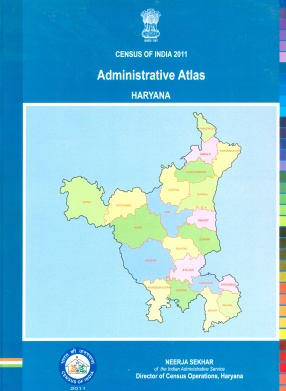
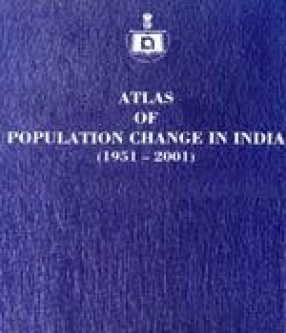

Bibliographic information
Tags